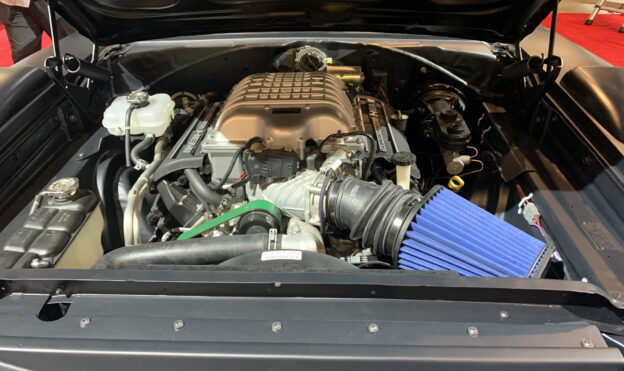
Monthly Archives: October 2024
Your car’s engine is its beating heart. It powers everything, keeps your vehicle running, and is arguably the most critical component of any car. Over time, though, wear and tear take a toll on this essential part. This leaves you with a crucial decision: should you repair or replace your engine? Understanding the signs and assessing your options will help you make the right choice for you and your car.
Recognizing Symptoms of Engine Trouble
Before deciding whether to replace or repair your engine, it’s important to identify the symptoms of engine problems. Knowing these warning signs could save the car’s engine and your money. Common symptoms of engine trouble include:
- Unusual noises: A knocking or tapping noise typically points to worn engine bearings, faulty pistons, or other internal problems.
- Excessive exhaust smoke: If you notice black, blue, or white exhaust smoke, this could signal burning oil, incomplete combustion, or a coolant leak in the engine. Each color of smoke points to a different issue that needs to be addressed.
- Loss of performance: If your car struggles to accelerate or drops in power and fuel efficiency, it could indicate internal damage or malfunction.
- Frequent overheating: Constant overheating can signal more serious internal damage, often related to the cooling system.
- Persistent check engine light: If the check engine light stays on after minor fixes, it could indicate a more serious underlying engine issue that requires immediate attention.
Once you’ve recognized these symptoms, the next step is evaluating the extent of the damage. You will need to determine if repairing the engine is worth it, or if replacing the engine is a more financially sound option.
When Should You Repair the Engine?
In many cases, vehicle owners prefer to repair the engine. Repairs tend to be less expensive than engine replacement, and they can often resolve smaller problems. Consider engine repair in the following situations:
- Minor or isolated problems: If your engine issue is limited to one or two components, such as a faulty head gasket or spark plugs, repairing those parts can solve the problem without breaking the bank.
- Lower repair costs relative to car value: A general rule of thumb is if the repair costs are significantly lower than the car’s overall value, it’s worth repairing the engine.
- Relatively new vehicles: Repairing the engine may extend the life and preserve the value of newer cars.
- Maintaining the vehicle’s history: Some car owners prefer to keep the original engine in the car, especially for classic or rare vehicles. In this case, repairing the engine to maintain originality might be a better choice. Check out these repair manuals for DIY engine repairs on classic cars and more.
Though repairing might seem cheaper upfront, it’s essential to weigh the repair costs against the longevity of the fix and the condition of the entire engine.
When to Consider Replacing the Engine
While engine repair is often the first line of defense, there are times when replacing the engine might be the more practical, long-term solution. Consider engine replacement in the following scenarios:
- Catastrophic failure: If the engine has suffered catastrophic damage, such as a cracked block or a broken crankshaft, repairs may not be enough.
- Frequent breakdowns and ongoing repairs: If the engine continues to develop new issues after repairs, the engine may be nearing the end of its lifespan.
- High mileage: Engines with high mileage (above 150,000 – 200,000 miles) are more prone to failures as its components wear out.
- Repair costs exceeding vehicle value: If the cost of repairs exceeds the car’s current market value, a replacement would be more cost-effective.
- Increase vehicle performance: Swapping an older engine for a modern one can enhance power, speed, fuel efficiency, handling, and more.
- Parts are not readily available: Sourcing replacement parts for original engines can be challenging and expensive, especially for older cars.
Repairs are usually less invasive, but a full engine replacement may get you the most out of your car’s value.
Conclusion: Repair or Replace?
Ultimately, the decision to repair or replace your engine comes down to the severity of the problem, the vehicle’s age, and your budget. If repairs are relatively minor and the car has a lot of life left in it, repairing the engine could be a cost-effective way to keep it running. However, if the engine has suffered major damage or the car is old with high mileage, replacing the engine might be the smarter choice in the long run.
Ready to start your repairs? Read more about budgeting for repairing your engine and tips for a rebuild.

 Shop Store
Shop Store












